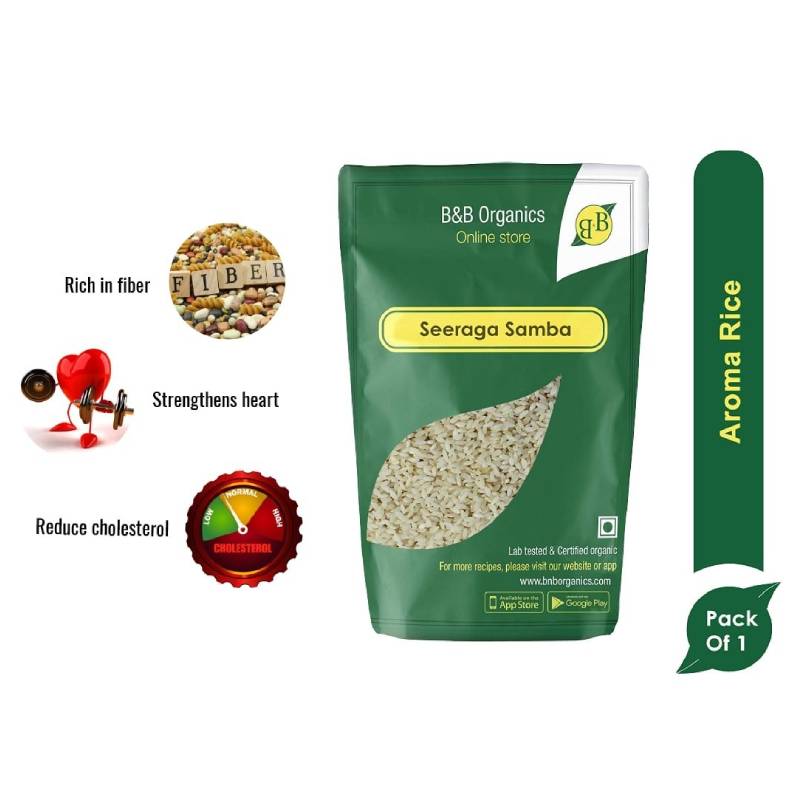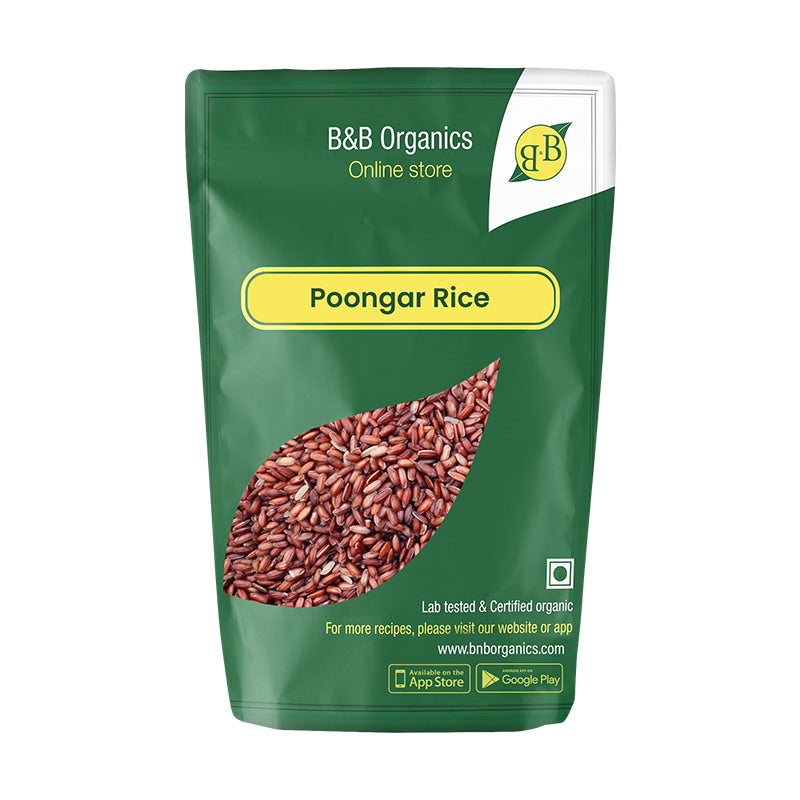Do you know what was the staple grain of India a few decades back?
You would be surprised to know it was the humble Millets; also currently one-third of the world’s population consumes millets regularly.
Millets have been around for centuries as a food group but somewhere down the line, particularly in India, we seem to have replaced them with polished rice and maida-mixed wheat. Millets seem to be in demand again as it is known to be an immunity booster.
At B&B Organics, we believe in the power of natural and wholesome food. In this blog post, we will explore the journey of millets - from being considered the "food of the poor" to becoming recognized as "food to boost immunity." Millets have been a staple grain in India for centuries, and we are excited to share their incredible benefits with you.
The Humble Millets
Do you know what was the staple grain of India a few decades back? You would be surprised to know it was the humble millets. These small grains, which include jowar, ragi, foxtail, bajra, and other minor millets, were widely consumed by the masses. However, with time, polished rice and maida-mixed wheat took over, pushing millets to the background. But now, they are making a comeback, thanks to their immunity-boosting properties.
Food to Boost Immunity:
Healthiest Cereal: Consuming millets was considered to be meant for the poor. Ancient grains like jowar, ragi, foxtail, bajra and other minor millets are promising cereals which are nutritionally superior to major cereals and serve as a good source of protein, high dietary fibre, vitamins, minerals, antioxidants and micronutrients.
Prominent Dietary Fibres: Millets are gluten free and non-allergenic. Millet consumption decreases triglycerides and C-reactive protein, thereby preventing cardiovascular diseases. All millets are rich in dietary fibre. Dietary fibre has water absorbing and bulking property. It increases transit time of food in the gut, which helps in reducing risk of inflammatory bowel disease, and acts as a detoxifying agent in the body.
Highly Recommended: Nutritionists promote millets, as they are gluten-free, highly nutritious and rich in dietary fibre. They are rich in micronutrients, including calcium, iron, phosphorus, etc. They are low in Glycemic Index (GI) and as such don’t cause a huge spike in blood sugar. Thus, millets should ideally be an integral part of our daily diet.
Many doctors endorse the positive effects of consuming millets, as they are anti-acidic and gluten free; this helps to prevent type 2 diabetes. They are effective in reducing blood pressure; reduces risk of gastrointestinal conditions like gastric ulcers or colon cancer; eliminate problems like constipation, excess gas, bloating and cramping. Millets also act as a probiotic feeding micro flora in our inner ecosystem. Millets hydrate our colon to keep us from being constipated. Millets contain major and minor nutrients in good amounts.
Nutritious Profile: Millets are high in nutrition and dietary fibre. They serve as a good source of protein, micronutrients and phytochemicals. The millets contain 7-12% protein, 2-5% fat, 65-75% carbohydrates and 15-20% dietary fibre. The essential amino acid profile of the millet protein is better than various cereals such as maize. Millets contain fewer cross-linked prolamins, which may be an additional factor contributing to higher digestibility of the millet proteins.
May the Food Legacy Continue…
The Government of India marked 2018 as the National Year of Millets to boost production of the nutrient-rich millets and the agro-industries involved in its production. Nowadays Everyone is concerned about increasing their immunity and pursuing a healthy and fit diet for a healthy body. Millets could help in achieving this at a lesser cost. As demand would lead the supply, millets can assume once again a prime place in our regular diet, and also bring a larger area in the country under cultivation.
FAQs
1. Are millets suitable for people with gluten allergies?
Yes, millets are gluten-free and non-allergenic, making them an excellent choice for individuals with gluten allergies or sensitivities.
2. How can millets help in boosting immunity?
Millets are packed with essential nutrients, dietary fiber, and micronutrients that contribute to overall immune health. They have anti-inflammatory properties and aid in maintaining a healthy gut, which is crucial for a robust immune system.
3. Where can I find millet products?
You can find a variety of millet products at B&B Organics. We offer traditional millets, millet flours, noodles, and more to help you incorporate these nutritious grains into your daily diet.











